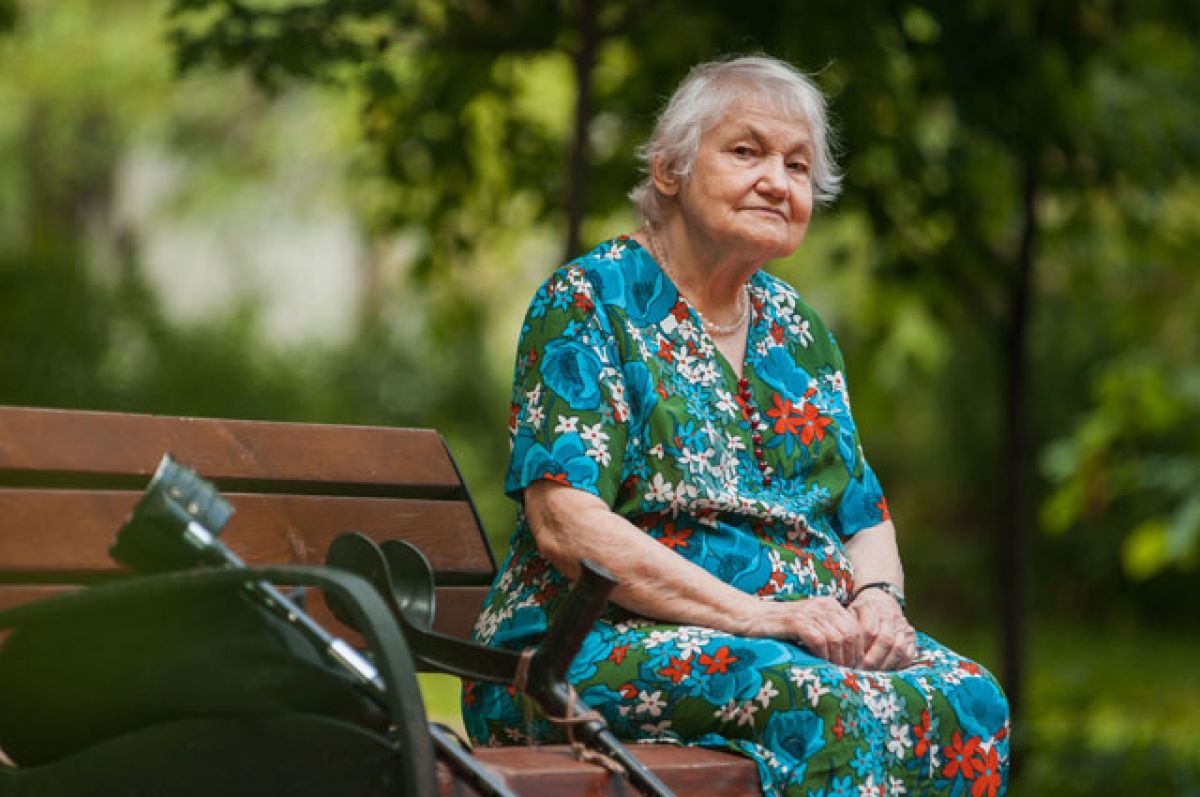Our grandmother had always been the cornerstone of our family. With her generous spirit and deep pockets, she supported us through every challenge—paying for college tuition, helping with home down payments, and even contributing to the occasional family vacation. But as the years went by, her financial resources began to dwindle. By the time she moved in with my brother, the woman who had always been our safety net was now the one relying on us for support.
At first, everything seemed fine. Grandma helped around the house, cooked meals, and enjoyed spending time with her grandchildren. But as her financial contributions stopped, my brother’s attitude started to change. He became more irritable, complaining about the added expenses and the burden of looking after her.
One evening, my phone rang. It was Grandma, her voice trembling with emotion. “Your brother told me to leave,” she said, tears choking her words. “He says I have no inheritance left and that I’m a burden.”
Furious, I drove straight to my brother’s house. When I arrived, he met me at the door, arms crossed and his face hard. “She’s spent all her money,” he said flatly. “I can’t afford to keep her here.”
“Afford?” I shot back, my voice rising. “She paid for your education, helped you buy this house, and raised us with love. And this is how you repay her?”
“She made her choices,” he answered coldly. “I have my own family to take care of now.”
Outraged, I left with Grandma that night, determined to make sure she felt safe and valued. At my house, she was still devastated. “I never thought he’d treat me like this,” she said, wiping away tears.
But beneath her sorrow, I could feel a quiet resolve.
The following morning, Grandma disappeared into her room. Hours later, she emerged with a stack of old documents and a sly grin. “I think it’s time your brother learns a lesson,” she said, her voice firm and steady.
I listened as she explained her plan. It turned out that Grandma still owned valuable assets, including a piece of land in a prime location. She had kept this hidden, saving it for an emergency.
In the weeks that followed, Grandma contacted a lawyer and arranged to sell the land. The sale netted a significant sum. Instead of sharing it with my brother or anyone else in the family, she chose to donate a large portion to a charity that supported elderly people abandoned by their families. The rest, she used to travel and enjoy herself.
But she wasn’t finished yet. She also made sure the charity held an event to honor her contribution, inviting family, friends, and even my brother’s neighbors. When my brother showed up, he was horrified to hear the charity’s heartfelt speech about Grandma’s generosity and strength, followed by her pointed comments.
“I may not have much money left,” she said, her gaze locking with my brother’s, “but I’ve learned the true meaning of family. It’s not about wealth—it’s about love, respect, and gratitude. And those who forget that? Well, they lose more than money. They lose what really matters.”
My brother sat frozen, his face drained of color as the crowd applauded.
Afterward, he approached Grandma, stammering an apology. She accepted it with grace but made it clear: “Forgiveness doesn’t mean I’ll forget. Let this be a lesson.”
From then on, Grandma lived life on her own terms, surrounded by those who loved and respected her. As for my brother, he was left to reflect on the price of his selfishness—one he would never forget.
This story, inspired by real events and people, has been fictionalized for creative purposes. Names, characters, and details have been altered to protect privacy and enhance the narrative. Any resemblance to real people or events is purely coincidental and not intended by the author.
